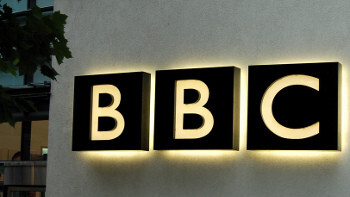
 The BBC attracted many headlines earlier this year with the announcement that it was to make a significant cut in its web presence. Today, Erik Huggers, the corporation’s Director of Future Media and Technology has outlined how this more streamlined BBC will work, while committing to double the amount of traffic sent to external sites within three years.
The BBC attracted many headlines earlier this year with the announcement that it was to make a significant cut in its web presence. Today, Erik Huggers, the corporation’s Director of Future Media and Technology has outlined how this more streamlined BBC will work, while committing to double the amount of traffic sent to external sites within three years.
In a lengthy blog post entitled “Putting Quality First”, Huggers declines to go into too many specifics but he does explain the BBC’s new online strategy. From now on, the BBC will concentrate on five core online “portfolios”: News, Sport & Weather; Children’s; TV & iPlayer; Radio & Music and Knowledge & Learning.
The essence of the strategy is that all five of these categories will be a lot more tightly interwoven, unlike the many disparate web properties the BBC currently operates. TV programmes’ web pages, for example, will be integrated with the iPlayer.
By 2013, the BBC aims to “Create a far more focussed, smaller, higher-quality BBC Online that will serve our audiences well, leave plenty of room for others and double the traffic we send externally”. This will be achieved in a number of ways:
- Enhancing the iPlayer with a guide to wider online UK TV content on other video on demand services.
- Linking to external news sites that offer alternative points of view. Huggers says “rival media outlets will take a different editorial position on the news agenda. There’s an inherent public service in highlighting these other points of view.”
- Subscribing to the axiom “Do what you do best and link to the rest”, this streamlined BBC website will link out to other cultural websites rather than duplicate content wherever possible. “Other cultural institutions, such as the British Museum and British Library have rich and different web content than we are able to provide, and equally, there’s little value in the BBC duplicating the public service information on offer elsewhere. We can work together to create compelling public service partnerships.”
Given the economic and political climate in the UK right now, sharing ‘link love’ with external websites, including commercial properties who have previously felt threatened by the BBC’s size and popularity online, feels to us like the right move for a corporation which Huggers admits “Cannot and should not do everything”.
Get the TNW newsletter
Get the most important tech news in your inbox each week.





